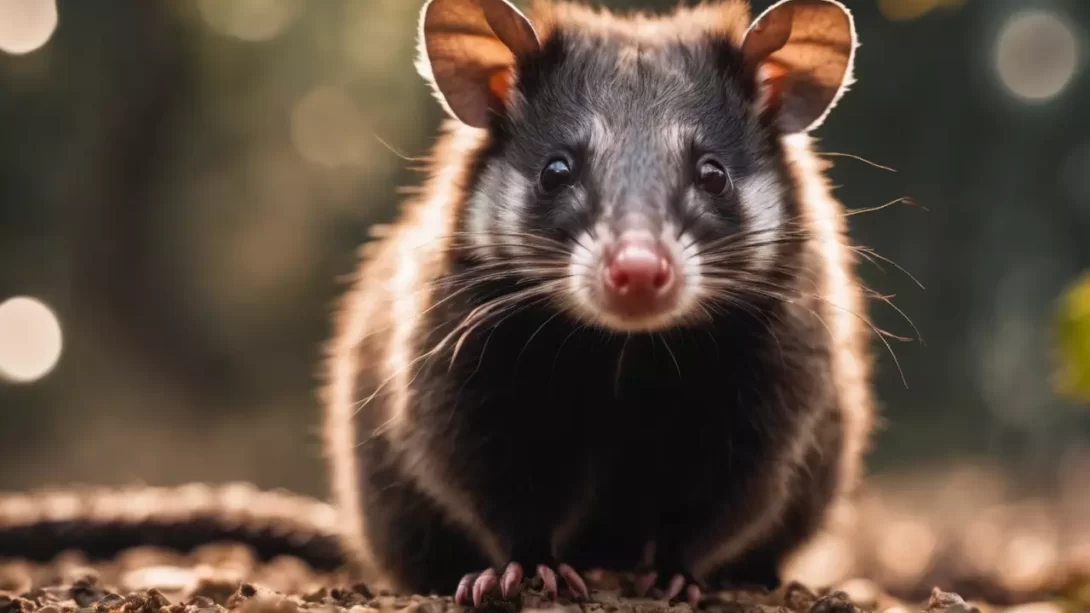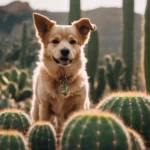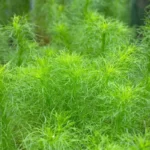Possums are a common sight in many parts of the world, often spotted rummaging through gardens and urban areas. Despite their prevalence, there are many misconceptions about their habits, particularly when it comes to digging. A frequent question among homeowners and gardeners is whether possums are responsible for the holes they find in their yards. This article aims to clarify the behavior of possums, specifically their relationship with digging activities.
Possums: Physical Characteristics and Natural Behaviors
Possums, particularly the common opossum found in North America, are marsupials known for their distinct physical characteristics. They have a long snout, sharp claws, and a prehensile tail, all of which contribute to their survival skills in various environments. Despite these features, possums are not primarily diggers. They are opportunistic scavengers that feed on a variety of items, including fruits, insects, and small animals. Their natural behavior includes foraging for food, climbing, and playing dead when threatened, rather than digging.
The Myth and Reality: Do Possums Dig Holes?
The belief that possums dig holes is a common misconception. In reality, possums are not adapted for extensive digging. They lack the powerful limbs and claws that are characteristic of animals known for digging, such as moles or groundhogs. While possums may scratch at the ground to uncover food or create a shallow depression for resting, they do not typically dig deep holes or burrows. Most holes or burrows attributed to possums are likely the work of other wildlife species. Possums may take advantage of existing burrows for shelter, but they are not the original architects.
Reasons Why Possums Might Be Associated with Holes
Possums are often mistakenly associated with holes for several reasons. Firstly, they are nocturnal creatures, and their secretive nature means they are often blamed for various activities in gardens and yards at night. Secondly, possums are known to seek shelter in existing burrows or cavities, which can be mistakenly interpreted as evidence that they created these spaces. These burrows are often originally excavated by other animals, such as rabbits, foxes, or groundhogs. Additionally, possums may be found in crawl spaces under houses, in hollow logs, or in dense vegetation, furthering the misconception that they are digging these areas themselves.
Comparing Possum Digging Habits to Other Animals
In comparison to animals that are proficient diggers, possums exhibit quite different behaviors and physical capabilities. For example, moles and groundhogs have specially adapted front limbs for digging and create extensive networks of tunnels and burrows. Foxes also dig dens, particularly for raising their young. In contrast, possums have more generalized limbs that are better suited for climbing and grasping rather than digging. Understanding these differences is key in correctly identifying the animals responsible for digging in your yard or garden.
Protecting Your Garden: Misidentifying Digging Culprits
Misidentifying the culprits of garden digging can lead to ineffective solutions. To protect your garden, it’s important to accurately identify which animal is causing the damage. Observing the size and shape of the holes, the time of day they are created, and looking for other signs like footprints or droppings can help in correctly identifying the responsible animal. Once identified, appropriate measures can be taken to deter the specific animal. For instance, fencing might be effective for groundhogs, while habitat modification might be more suitable for deterring possums.
Strategies for Humanely Deterring Possums and Other Wildlife
For those looking to deter possums and other wildlife from their gardens without causing harm, several humane strategies can be effective. Encouraging possums to move along can be as simple as removing attractants, such as easily accessible food sources like pet food or unsecured garbage bins. Installing motion-activated lights or sprinklers can also discourage nocturnal visitors. If you’re dealing with an animal taking shelter in an unwanted area, providing an alternative habitat, like a possum box in a more suitable part of the yard, can be a solution. Remember, possums are a part of the natural ecosystem and play a role in controlling insects and cleaning up dead animals.
The Importance of Coexisting with Wildlife
Coexisting with wildlife, including possums, is an important aspect of maintaining a healthy and balanced ecosystem. Possums, in particular, are beneficial as they help control pests and clean up carrion. Understanding the habits and ecological roles of these animals can foster a more harmonious relationship with the wildlife in your garden. Educating yourself and your community about the realities of wildlife behavior and needs can lead to more effective and wildlife-friendly gardening practices.
Conclusion
In conclusion, while possums are often mistakenly thought to dig holes in gardens, they are not typically responsible for this activity. They may use existing holes for shelter but are not equipped for extensive digging like some other animals. Accurately identifying the true culprits of garden damage is key to implementing effective deterrent strategies. By understanding and respecting the natural behaviors of wildlife, including possums, gardeners can create a more wildlife-friendly environment and enjoy the benefits of a diverse and healthy ecosystem.



